News
-
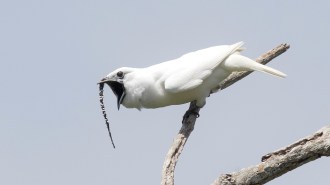 Animals
AnimalsWhite bellbirds have the loudest known mating call of any bird
White bellbirds have the loudest mating call, according to scientists who compared the songs of bellbirds and screaming pihas in the Brazilian Amazon.
By Sofie Bates -
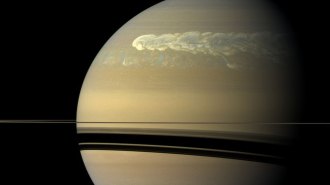 Planetary Science
Planetary ScienceAstronomers have spotted a new type of storm on Saturn
In 2018, telescopes on Earth and in space identified a never-before-seen kind of storm activity on the ringed planet.
-
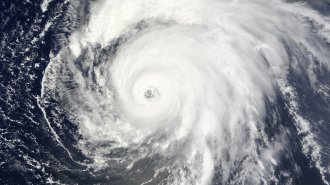 Earth
EarthPowerful storms may be causing offshore ‘stormquakes’
A perfect-storm mixture of hurricane, ocean and seafloor topography can create distinct seismic signals called “stormquakes.”
-
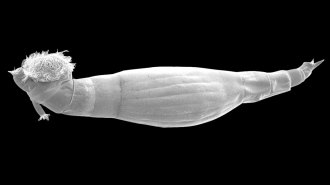 Health & Medicine
Health & MedicineThese tiny aquatic animals secrete a compound that may help fight snail fever
A newly identified molecule from rotifers paralyzes the larvae of worms that cause schistosomiasis, which affects over 200 million people worldwide.
By Sofie Bates -
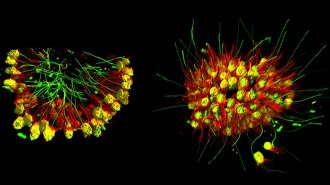 Life
LifeAcrobatic choanoflagellates could help explain how multicellularity evolved
A newfound single-celled microbe species forms groups of multiple individual organisms that change shape in response to light.
-
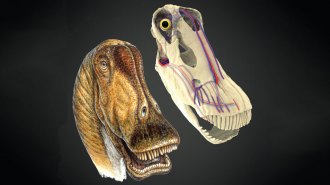 Paleontology
PaleontologyBig dinosaurs kept cool thanks to blood vessel clusters in their heads
Giant dinosaurs evolved several strategies for cooling their blood and avoiding heatstroke.
-
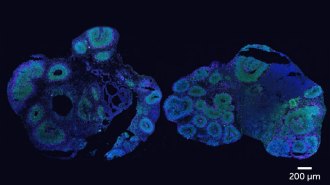 Neuroscience
NeuroscienceOrganoids offer clues to how brains are made in humans and chimpanzees
Three-dimensional clumps of brain cells offer clues about how brains get made in humans and chimpanzees.
-
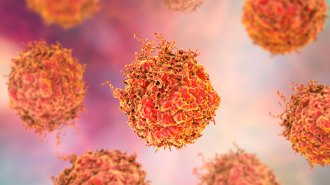 Health & Medicine
Health & MedicineA precision drug for prostate cancer may slow the disease’s spread
The drug olaparib could be used to treat men with certain genetic mutations and severe types of prostate cancer, a clinical trial finds.
By Sofie Bates -
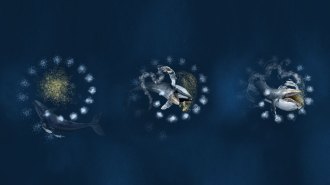 Animals
AnimalsHumpback whales use their flippers and bubble ‘nets’ to catch fish
A study reveals new details of how humpback whales hunt using their flippers and a whirl of bubbles to capture fish.
By Sofie Bates -
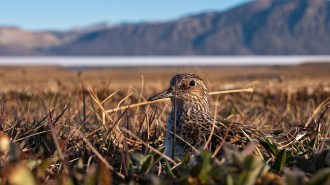 Life
LifeExtreme snowfall kept most plants and animals in one Arctic ecosystem from reproducing
A very snowy winter in 2018 left parts of Greenland covered well into the summer, causing an ecosystem-wide reproductive collapse in one area.
-
 Physics
PhysicsPhysicists have found quasiparticles that mimic hypothetical dark matter axions
These subatomic particles could make up dark matter in the cosmos. A mathematically similar phenomenon occurs in a solid material.
-
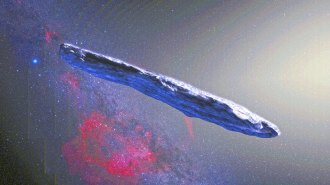 Space
SpaceHow the second known interstellar visitor makes ‘Oumuamua seem even odder
With its gaseous halo and tail, the second discovered interstellar object, 2I/Borisov, looks basically like your run-of-the-mill solar system comet.